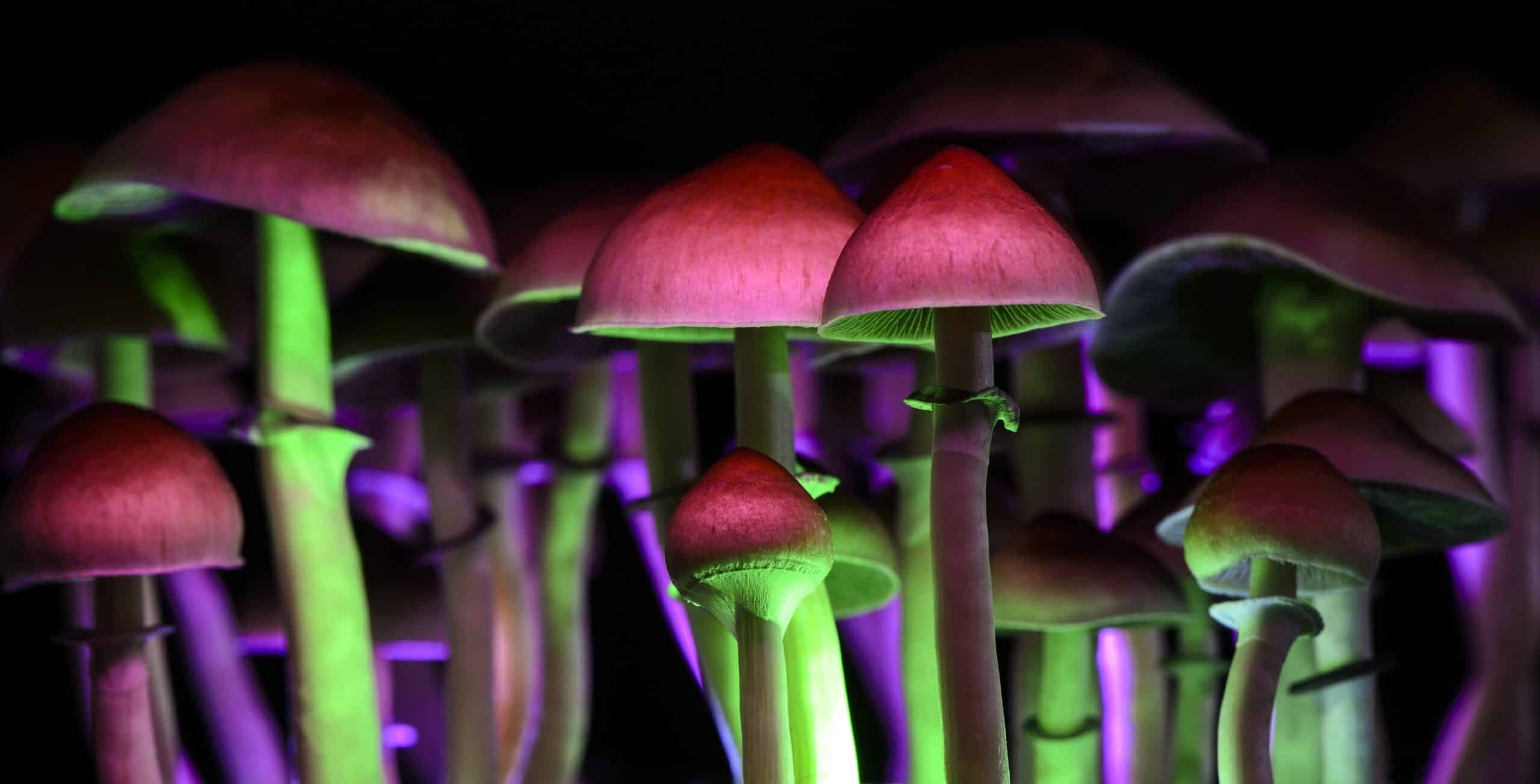These are wild mushrooms that can be found in different parts of the world, most of which belong to the genus Psilocybe; P. cubensis is the most common source of psilocybin with the principal active compounds also including another psychedelic compound called psilocin.
This mushrooms can be taken in a variety of ways such as made into a tea or eaten fresh. Some 200 different species have been identified, each containing various quantities of psilocybin which is currently being studied as a potential treatment for depression and has been given a breakthrough therapy designation by the US FDA; that being said, it still remains listed as a Schedule 1 controlled substance.
Psilocybin is suggested to exert its effects by activating serotonin receptors which are located in the prefrontal cortex responsible for a range of complex behaviors and personality development. Although it is classed as a hallucinogen psilocybin does not always cause it. Sometimes it does distort perception of things in a person’s environment, and the effects can be influenced by expectations, past experiences, and dosage.
Matthew Johnson, associate professor at Johns Hopkins University, has been studying psilocybin for years recently said in an interview with Healthline that the active compound in magic mushrooms may be of benefit to people with various health conditions. He says that most people mistakenly believe that psilocybin is an addictive drug, but it is not as it doesn’t induce the same euphoria and dopamine response as does drugs of addiction.
According to Johnson psilocybin has a higher success rate than nicotine replacement when it comes to helping people quit smoking, and one year after quitting 67% of the people in the study were biologically confirmed to still be smoke free, and it is substantially better than the best medications prescribed to help people quit smoking.
Before psilocybin was banned thousands of patients benefited from its use, the only cases with long lasting psychiatric harm were those of schizophrenics or those who think they have a predisposition for that mental illness. Johnson is optimistic about his results comparing cognitive behavioral therapy with psilocybin treatment, and hopes that it will one day be approved for treatment of a variety of medical conditions. Magic mushrooms are believed by Johnson to have the potential to transform psychiatry, and the likely application as a treatment for depression as well as addiction points to the possibility of different disorders sharing more similarities than were previously thought.
Despite his optimism Johnson emphasizes the risks of using psilocybin, and discourages its use outside of a legal and approved medical framework as it can still be abused and used in ways that can harm users or other people.




